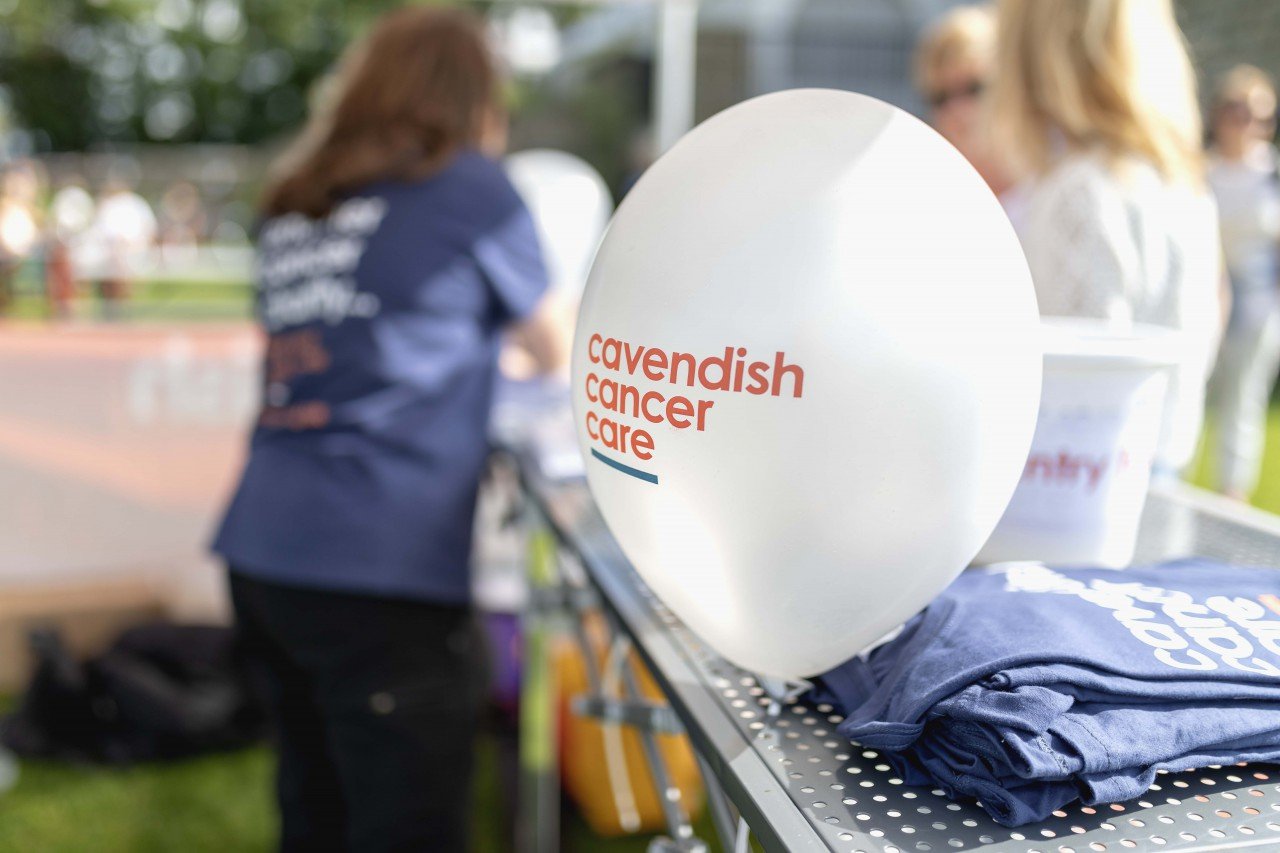Phil’s story
May 16, 2014

was 53 years of age in Dec 2005 when the diagnosis was made.
I was a man’s man and when my wife found a lump on my neck I didn’t want to bother the GP but my wife insisted.
I had served as a Fire Officer with South Yorkshire Fire and Rescue since I was 18 years old and completed 32 years service on reaching my 50th birthday and even on retirement from the uniformed service in November 2002 I continued work as support staff officer in the Workforce Development Section where I worked until my full and final retirement in September 2011.
I was diagnosed with single ‘B’ Cell Follicular Lymphoma and my initial reaction was shock and disbelief because other than feeling tired I had no other symptoms at all – that is apart from a small lump in my neck area.
My wife was also shocked but without her persistence I would not have been diagnosed at all. She had read articles in magazines and on the internet about how lumps in the neck should be investigated.
We were both initially frightened by the diagnosis of ‘Cancer’ and started to gather more information before we told other members of the family and friends. After a consultation at Weston Park Hospital we felt we knew enough about the illness to tell others but we didn’t go into too much detail.
My initial treatment, which puzzled me at the time, required me to be in a period of ‘watch and wait’ and other than confirmation scans and further investigation I received no further treatment at all.
I heard of Cavendish Cancer Care from my initial consultation at Weston Park Hospital following my initial diagnosis – I had never heard of the charity before.
I decided to approach the charity for support as there seemed to be no alternative offered by the NHS and I knew I needed more support.
My initial assessment was a very positive, helpful and supportive experience. It allowed my family and I to come to terms with the early reaction to my diagnosis. The assessor actively listened and allowed me to talk freely to someone who was not personally connected to me or my family. It was so important when I found myself in a situation at a stage of my life that I had not planned for.
Cavendish Cancer Care has helped me since 2005 and continues to help me through the times when I am on treatment for my illness and also during periods of stress in my life. In reality I found that only my close family and the team at Cavendish understood and offered the support I needed when life became too difficult.
These days I try very hard to lead a stress free life as much as possible. I have retired and enjoy life to the full. I continue to use the charity during times when I am ‘on treatment’ and they genuinely do mean that their doors are always open.
Cancer has dramatically changed my life and yet, surprisingly, for the better in many ways.
I have retired and I try to live stress free, taking each day at a time and enjoying every moment. My life is still very much in ‘limbo’ but I still feel very positive about my future both short term and long term. For me it is very much about the quality of my life that is important. I do not live in fear.
It is very difficult to say how I would have coped without the support of Cavendish Cancer Care. I feel that there is a real need for support of this kind during a very difficult stage in a persons life. It is important to treat the whole person, not just focus on the disease. The fact that it is a charity, not financially supported by a government, doesn’t make sense to me but there is only so much funding to go around .
I am very grateful that the charity is there and I will continue to be their friend for the rest of my life.
Whilst the NHS is full of deeply caring people their priority has to be dealing with the ‘mechanics’ of diagnosis and treatment. With cancer, anxiety, stress and related reactions to both the illness and the treatments are commonplace, if not universal. If Cavendish were not there, people would simply have nowhere to go.

